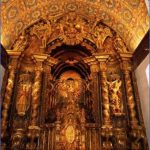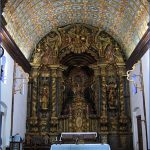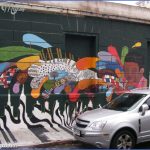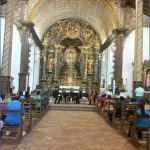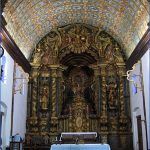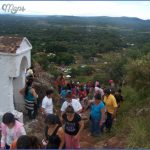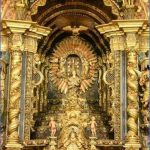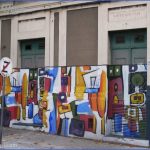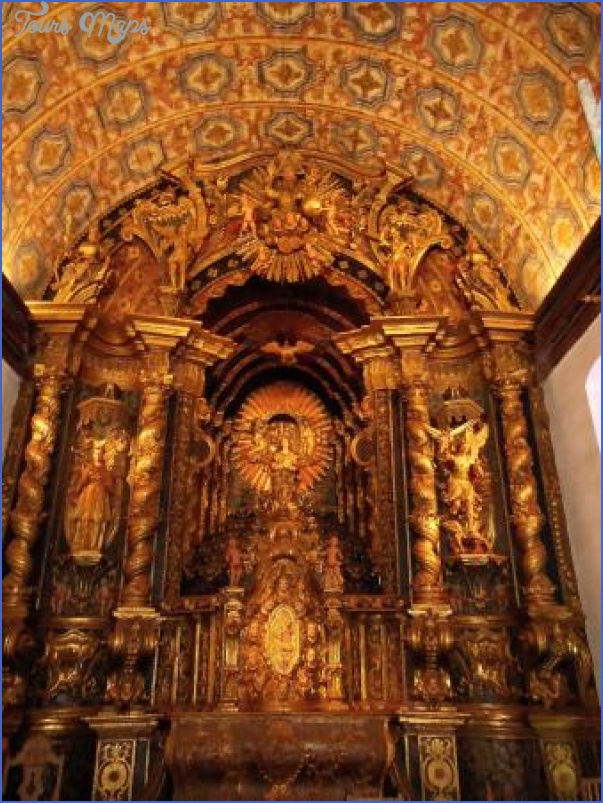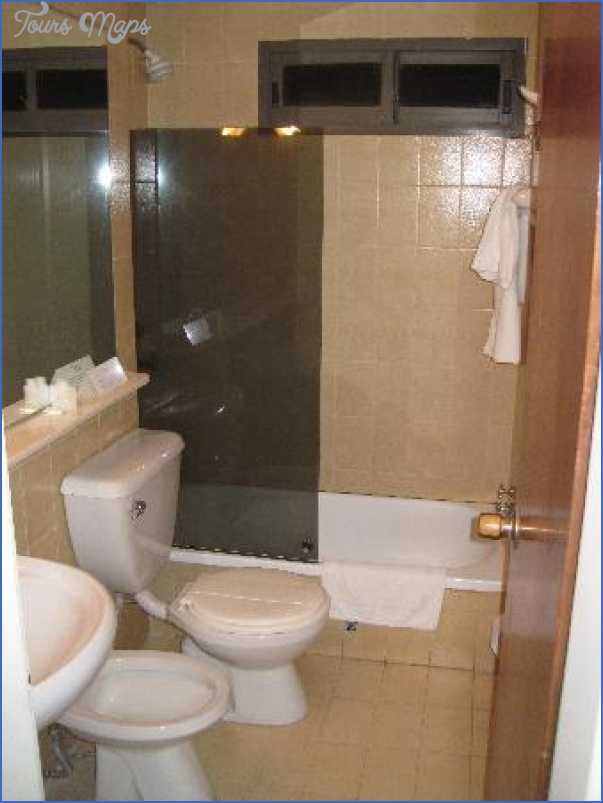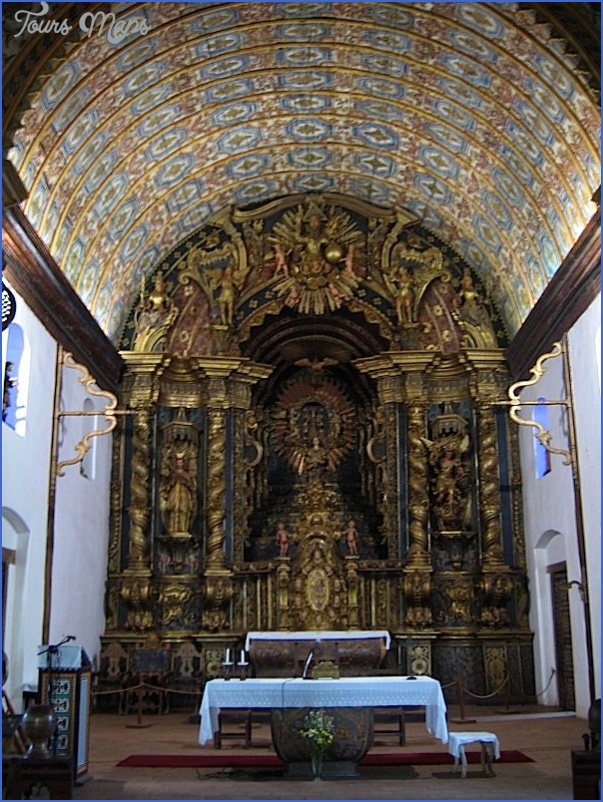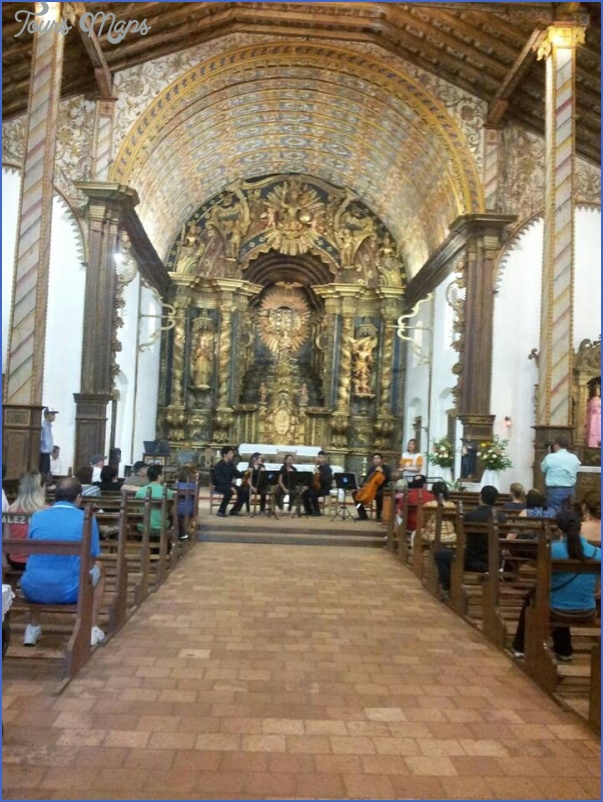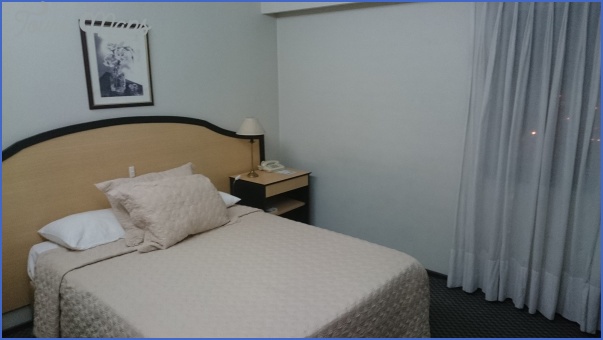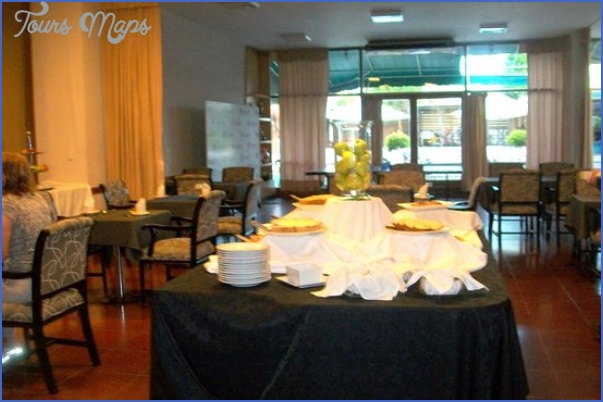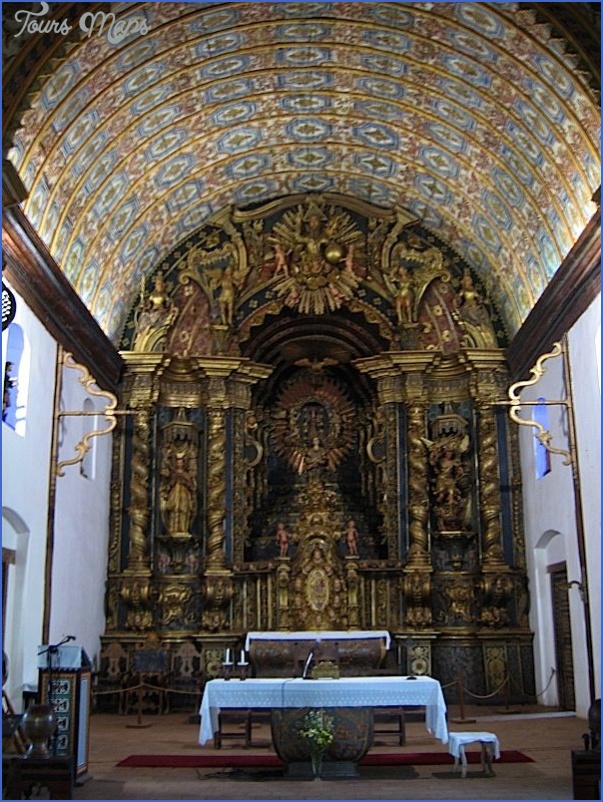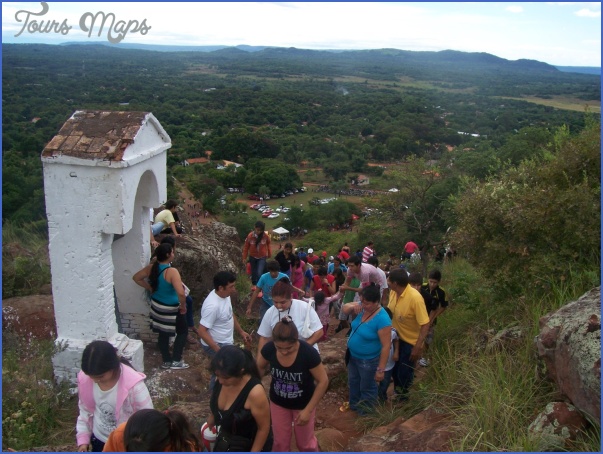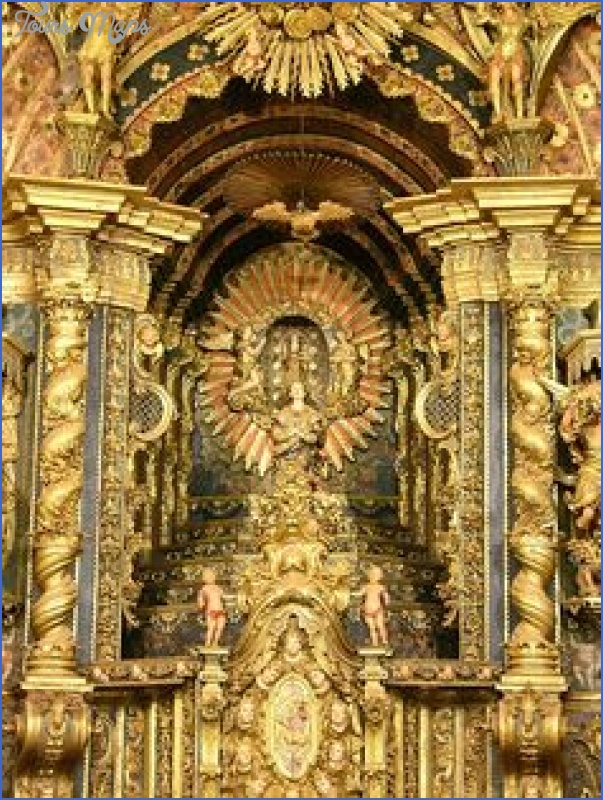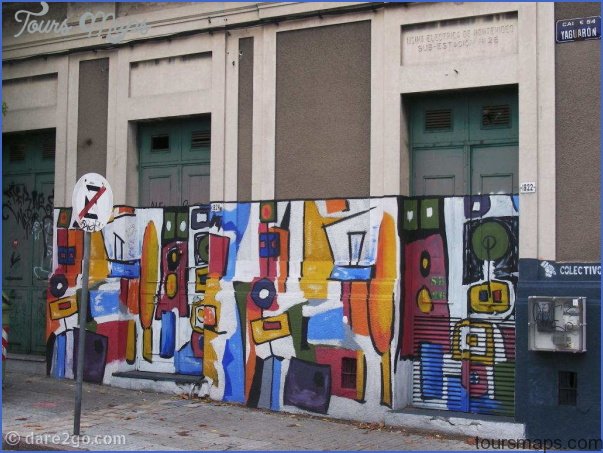Pyrague
Like rulers before him, Stroessner made extensive use of espionage to maintain power. His secret service was known as Pyrague which means feet with hair in Guarani It alludes to their ability to silently sneak up on their victims, as if they had hair on the bottom of their feet. People were encouraged to spy on their neighbors and friends. Even the most insignificant information was enough to result in someone’s arrest and, in many cases, their disappearance.
Though Stroessner was deposed in 1989, remnants of his rule still linger in modern day Paraguay. The culture of corruption, which flourished under Stroessner, remains present in both the public and private sector. Just as it was during the dictatorship, political power is used on a daily basis to secure favors, bribes, and even settle personal grudges. Despite their distrust of political figures, most Paraguayans are hesitant to challenge authority, a lefover legacy of the regime’s strong-arm tactics.
Paraguay Post Stroessner
Upon the fall of his regime, Stroessner was granted political asylum in Brazil where he remained until his death in 2006. Though the Stroessner era had ended, the Colorado party and the military maintained firm control of the country. Starting with General Andres Rodriguez, the next two decades saw a slew of Colorado presidents. The 1990’s saw various power struggles including threats of a military coup and even the assassination of Vice President Luis Maria Argana in 1999. Throughout the following decade however, the military’s political prominence slowly diminished. Institutionalized under Stroessner, corruption continued to be a serious problem with scandals regarding misappropriation of funds dogging each new government.
Fernando Lugo: A New Era?
In April 2008, Fernando Lugo was elected as the new President of Paraguay in a historic election that ended over six decades of Colorado Party rule. A former bishop from San Pedro, Paraguay’s poorest department, Lugo had very little formal political training. Though a member of the small socialist political party known as Tekojoja, Lugo was placed on the ballot at the head of a coalition which included the Liberal Party, the country’s second largest. Known as the bishop of the poor, Lugo ran on a leftist platform that emphasized assisting Paraguay’s rural poor through a program of agrarian land reform. Many Paraguayans voted for Lugo in the hope to end the Colorado Party’s long and corrupt rule.
As President, Lugo faced many obstacles. The alliance of political parties that helped put Lugo in to power quickly crumbled and public disputes between him and his vice president, Liberal Party member Federico Franco, became common. Met by strong opposition from the Paraguayan parliament, Lugo was largely unable to enact the land reforms he promised constituents during the election. In addition, his reputation was severely tarnished by the revelation that he had fathered several children during his tenure as a bishop.
Ultimately, Lugo’s inability to form and retain strategic alliances with various political parties led to his ouster from the presidency. In June 2012, just nine months prior to the next election, an armed confrontation between police and squatters in the Canindeyu Department left seventeen dead and many more wounded. Lugo’s longtime opponents seized the opportunity to blame the President and declare him unfit to govern. One week after the deadly incident Fernando Lugo was ousted from power in an impeachment trial in Paraguay’s parliament lead by the Colorado Party and many of his
former allies including the Liberal Party. Vice-President Federico Franco was immediately sworn in as Paraguay’s next president. The next presidential elections will be held, as scheduled, in April of 2013.
Holiday in Yaguarón Photo Gallery
Maybe You Like Them Too
- The Best Cities To Visit in The World
- World’s 10 Best Places To Visit
- Coolest Countries in the World to Visit
- Travel to Santorini, Greece
- Map of Barbados – Holiday in Barbados

